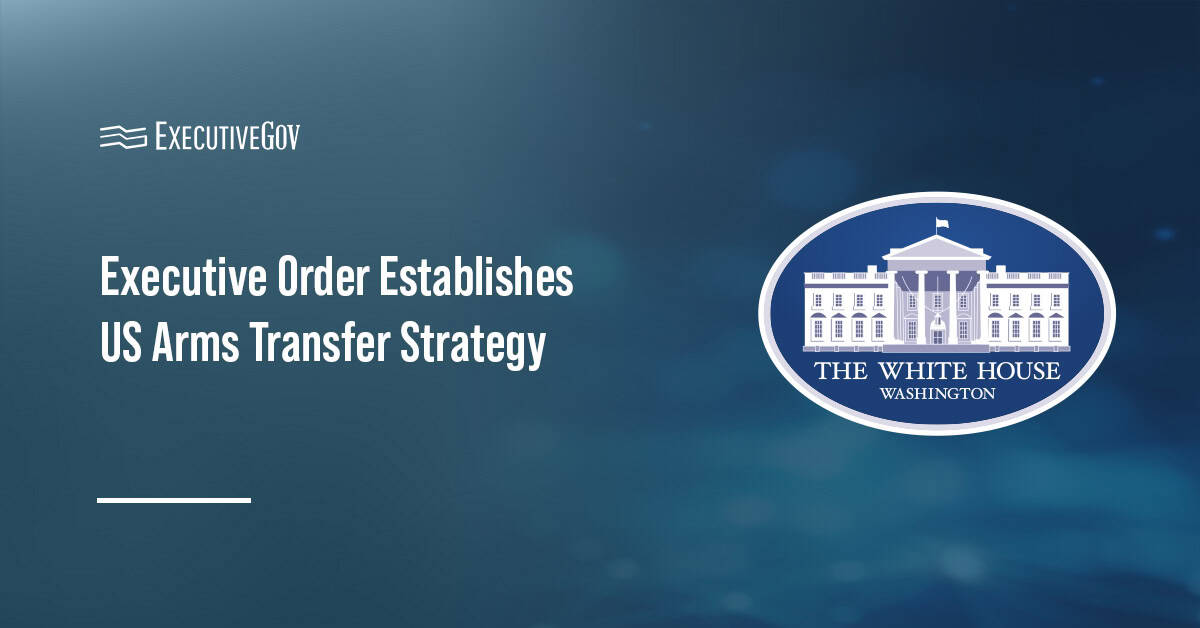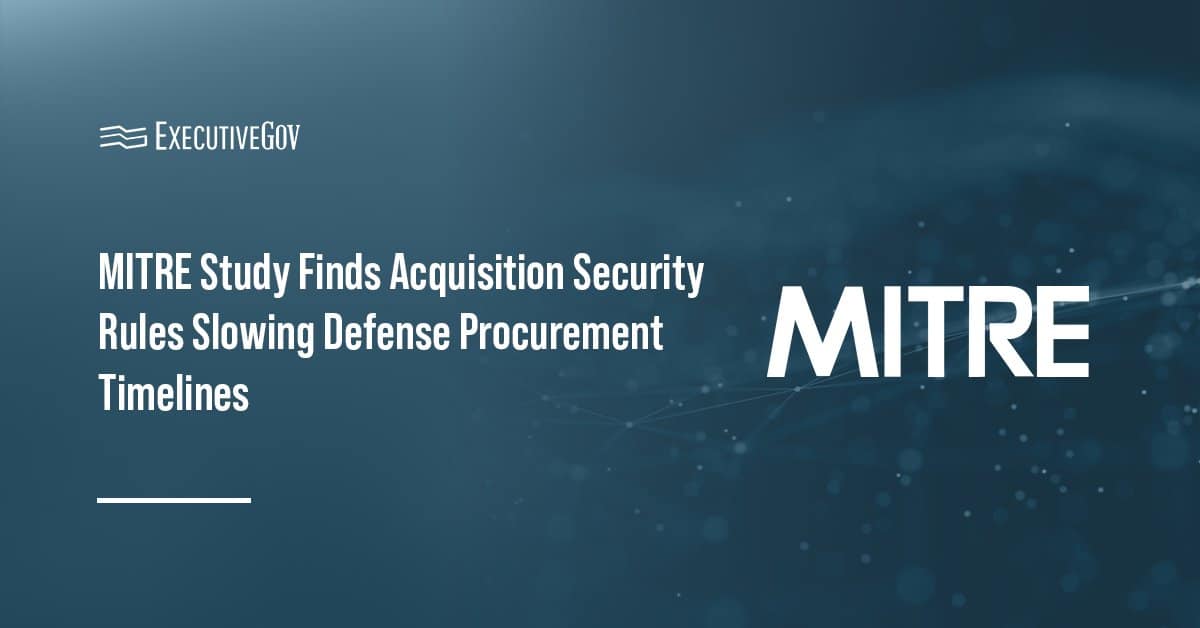 A technology industry group has asked leaders and ranking members of Senate and House Armed Services Committees to make the Joint Enterprise Defense Infrastructure cloud procurement program a transparent process, Nextgov reported Monday.
A technology industry group has asked leaders and ranking members of Senate and House Armed Services Committees to make the Joint Enterprise Defense Infrastructure cloud procurement program a transparent process, Nextgov reported Monday.The IT Alliance for Public Sector wrote in a Monday letter to congressional leaders that the Defense Department’s plan to award a single-award contract for the JEDI cloud acquisition program conflicts with industry best practices and increases the possibility of a vendor lock-in arrangement.
The letter from ITAPS came days after DoD Comptroller David Norquist said at a Senate panel hearing that the Pentagon will submit a justification report to Congress by May 7 about its cloud procurement strategy.
The Pentagon issued the second draft solicitation for the JEDI cloud program in April with plans to release the final request for proposals early this month.





